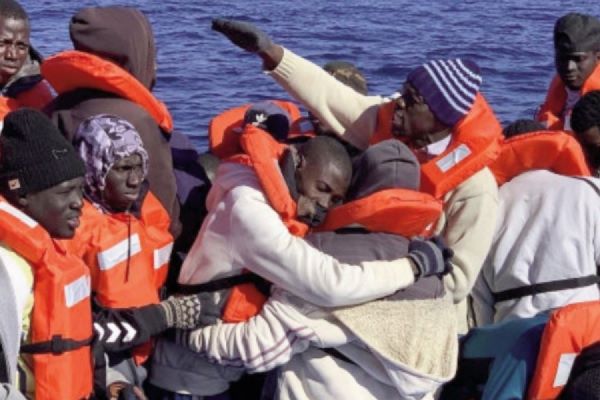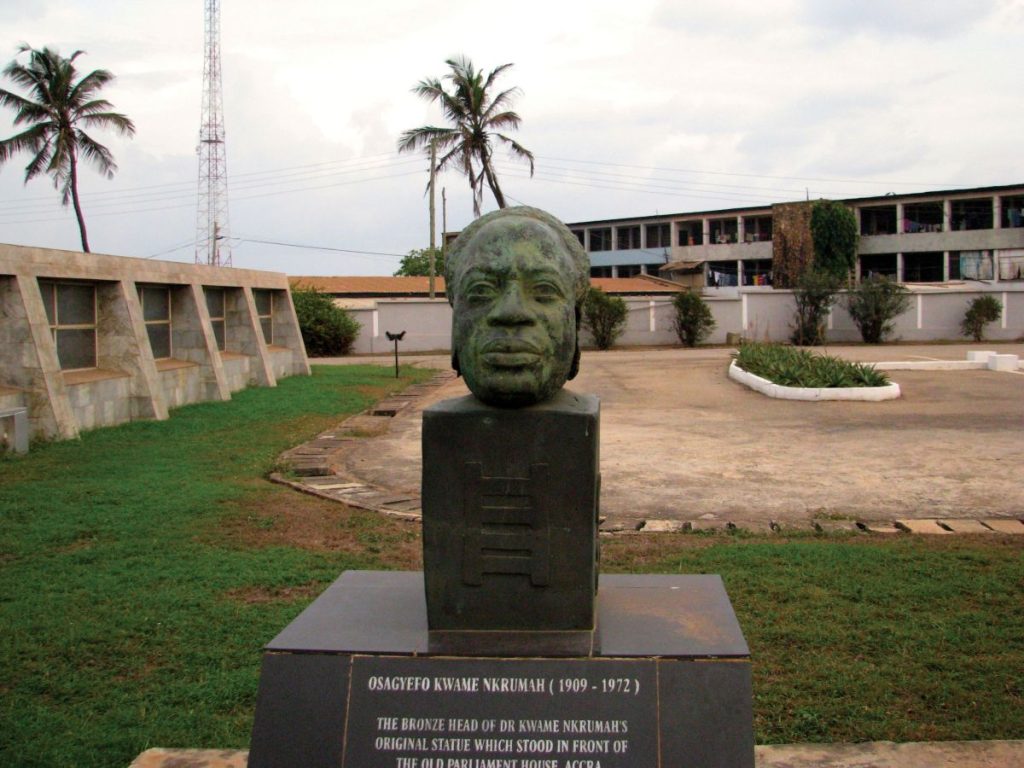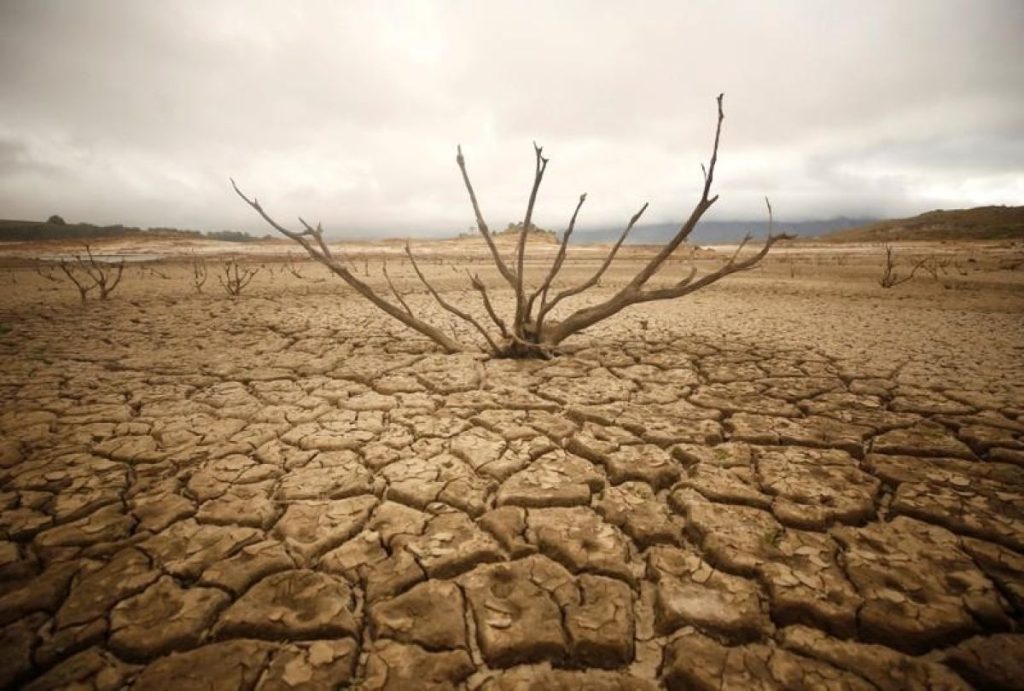Why more needs to be done to help refugees across the world. By Valery Mbaoh and the Africa Refugee-Led Network.
When people are confronted with conflict and other forms of violence, sometimes they have no other choice than to flee their home to find safety. They will leave everything behind and travel long distances without rest, sometimes taking grave risks until they can find safety. The current war in Ukraine is just one of a long list of conflicts around the world that has created an urgent refugee situation. In the first five weeks of the Russian invasion of Ukraine more than five million people fled to neighboring countries. All forcibly displaced people need and are entitled to assistance, protection and solidarity by host countries. Unfortunately, the response to the Ukraine crisis has illuminated the inequities in the refugee response system, including explicit and implicit biases based on nationality, ethnicity, and race. The journey has proved to be particularly challenging for black people who, even during a life-and-death situation, have found themselves running into racist barriers to their safety. There is growing evidence of black people being pushed back as they try to flee or being refused at border crossings by Ukrainian border guards. Many of those that did get out have been placed in closed facilities, some for weeks on end. Moreover, Africans fleeing Ukraine are not entitled to benefit from the EU Temporary Protection Directive that provides ethnic Ukrainians one-year temporary protection in any EU country. This is a critical moment to rebuild the international refugee response to support all forcibly displaced people. Reforms are especially needed in most African countries, where the handling of refugee cases is not in line with existing and applicable conventions. For example, while South Africa is known to have one of the most progressive asylum laws in the continent, implementation of these laws remains a challenge. Asylum seekers and refugees experience some of the most inhuman forms of human rights abuses, xenophobic violence, killings, lynching, lootings and sometimes outright disregard for human life. Law enforcement officials often respond to complaints about the mistreatment of refugees with indifference or provide inadequate remedies to xenophobic attacks. Sometimes, attacks and harassment are also committed by law enforcement officials. Refugees also face barriers to protection, including a newly enacted law restricting access to asylum and a huge government backlog in processing claims and appeals. The South African government’s Covid-19 aid programmes, including distribution of food parcels during national lockdown, also overlooked refugees and asylum seekers.
Above: Refugees and asylum seekers make dangerous crossings from Libya to Italy by boat. In Libya, known to be an important transit area for migrants and refugees, the situation is even worse.
According to the International Organization for Migration (IOM), there are between 700,000 and one million migrants in Libya. In April 2017, IOM noted that human trafficking has become an increasingly common practice among smugglers. Migrants are bought and sold in the southern Libyan city of Sabha. They are held for months and sold for an average price of $200-300. While some are sold to be forced into labour, others are subjected to sex-trafficking. These trends are unfortunately present across the African continent, where refugees face several challenges, including security risks, and no or limited access to education and healthcare services. Refugees are often denied the right to work, to elect their leaders, and to acquire lands. In Kenya, despite the adoption in November 2021 of a new law that allows refugees to work, the implementation of encampment policies is proving a major obstacle to local integration. In Angola, corruption around the issuing of ID cards makes it very difficult for refugees to access documentation. In some other countries, children are not given citizenship at birth simply because their parents entered the host country as refugees. The lack of awareness about refugees’ rights, specifically among migration authorities, exacerbates the mobility challenges refugees already face. The solidarity being shown in Europe for Ukrainian refugees has never been seen in Africa. At minimum, African countries, with the support of the African Union should learn from the European experience and show similar solidarity to African refugees and asylum seekers on the continent. This will only be possible if the Kampala Convention and other relevant international instruments are fully implemented. The international community must take advantage of this unique moment of support for refugees to strengthen the refugee response around the world. Refugee leaders in Africa stand ready to support and work alongside African decision and policymakers to improve the continent’s refugee response and alleviate refugee suffering.
 The Africa Refugee-Led Network advocates for the inclusion and participation of refugees in decision making processes at national, continental and global levels. It is led by a steering committee of 13 men and women from South Africa, Malawi, Nigeria, Angola, Uganda, Kenya and Sudan.
The Africa Refugee-Led Network advocates for the inclusion and participation of refugees in decision making processes at national, continental and global levels. It is led by a steering committee of 13 men and women from South Africa, Malawi, Nigeria, Angola, Uganda, Kenya and Sudan.




